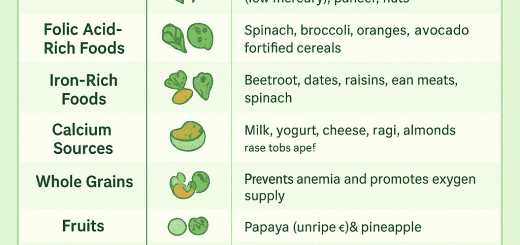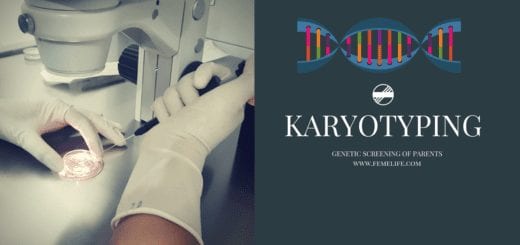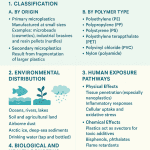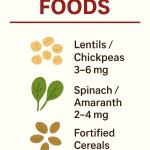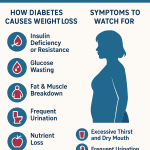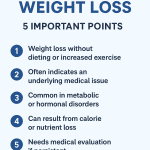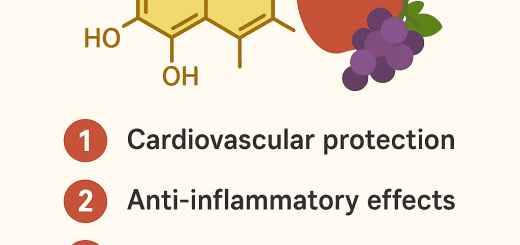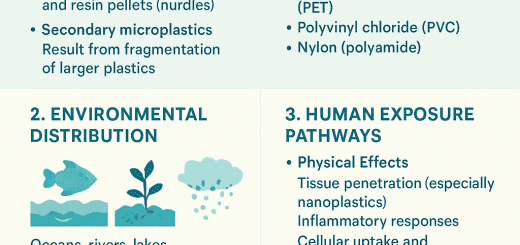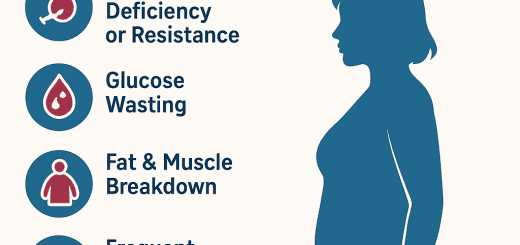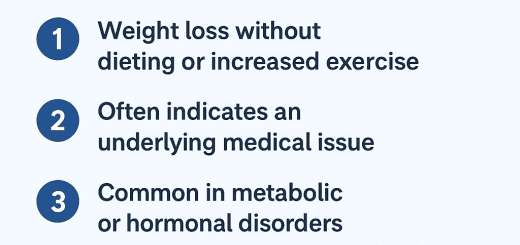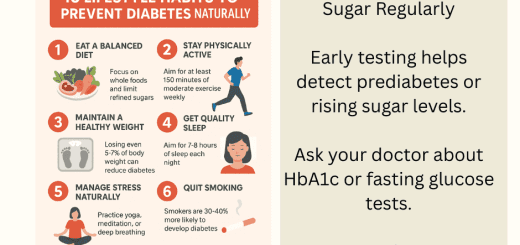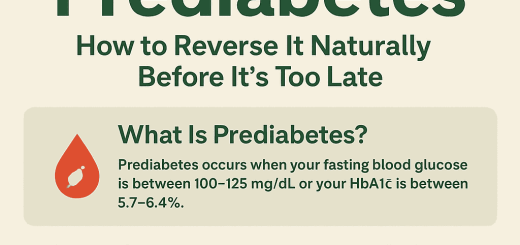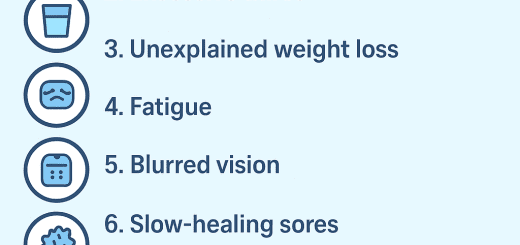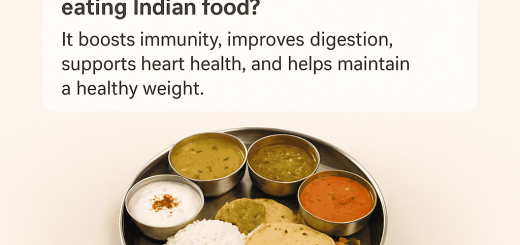Diet tips in Pregnancy
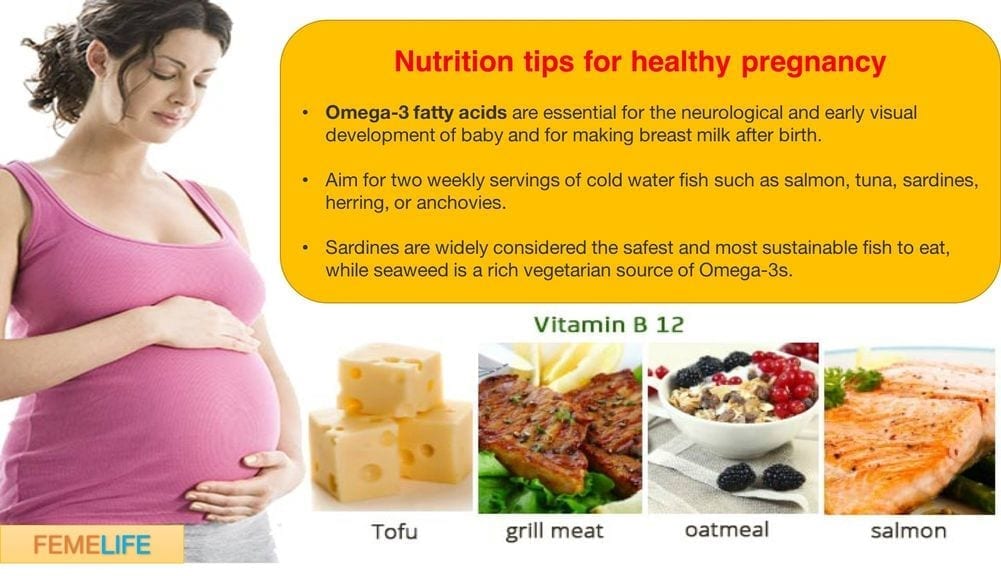
Omega-3 fatty acids are essential and can only be obtained from the diet. The requirements during pregnancy have not been established, but likely exceed that of a nonpregnant state. Omega-3 fatty acids are critical for fetal neurodevelopment and may be important for the timing of gestation and birth weight as well.
Most pregnant women likely do not get enough omega-3 fatty acids because the major dietary source, seafood, is restricted to 2 servings a week. For pregnant women to obtain adequate omega-3 fatty acids, a variety of sources should be consumed: vegetable oils, 2 low-mercury fish servings a week, and supplements (fish oil or algae-based docosahexaenoic acid).
During pregnancy, the dietary goal for omega-3 fatty acids is 650 mg, of which 300 is DHA. Thus, in order make up the omega-3 fatty acid deficit in the diet, pregnant women are left with essentially 2 choices: fish oil supplements supplying EPA and DHA, or algae-derived DHA.
